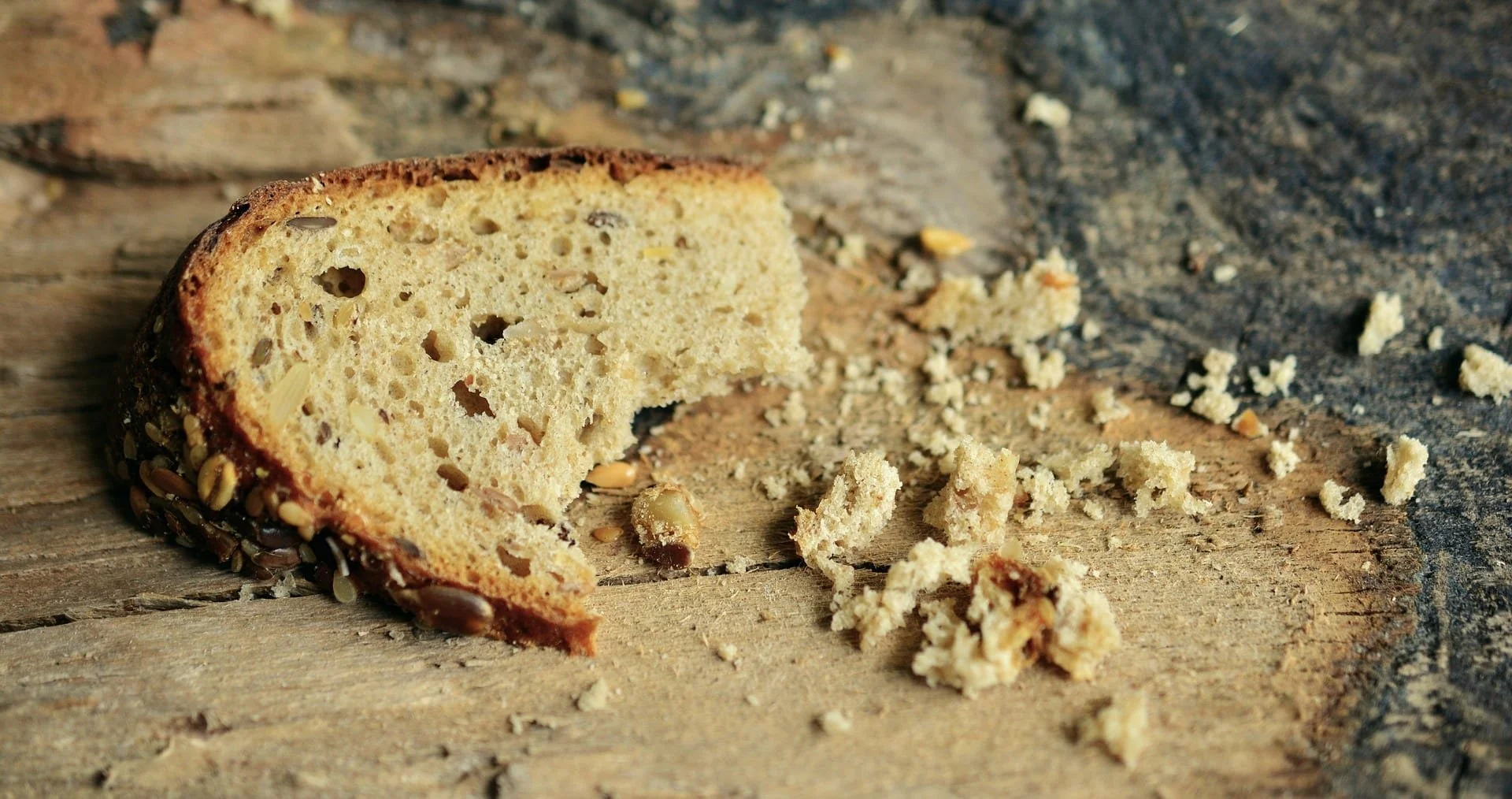Key Bible Passage(s):
Matt.15:21-28; Heb.10:22; John 6:56
Tier 1
The Prayer of Humble Access captures the dynamics of our experience of salvation with breathtaking sublimity. It teaches us to confront our unworthiness in the shadow of the cross. We may not be worthy, but because of His mercy, we are welcome. It shows us how we can live in the resolved tension of humility and confidence.
Tier 2
The liturgy of the BCP is relentlessly grounded in Scripture. That is what makes it such a profound and enduring articulation of Gospel-shaped worship. We spend quite a bit of time in this session looking at the passages that lie behind the Prayer of Humble Access, and how they shape our understanding of what is happening as we approach the Lord’s Table.
Tier 3
Much of the work in this session is done in the group sessions, and I’d recommend feedback and further discussion. But one powerful piece of background perspective is the story of Cranmer, the man who wrote the Prayer and gave it its place in the Service of Communion. Realising what was at stake, and what it cost him, helps us apprecaite the significance of what we say. It appears this is a theological hill to die on!
Homework
Over this half-term we will be working to memorise Matthew 7:1-6. You will have to keep refreshing Matt.5:1-26, Matt.6:5-34 and Matt.7:7-28 whilst you do this.
(we’ll memorise the whole of the Sermon on the Mount over the 3 years of DTP)
To Be a Christian Q&A 131-136
How is your Rule of Life shaping up? …especially in relation to the question of when and how do I prepare for services and for receiving Communion?
Take a look at this 12 minute video exploring what it means to speak of our union with Christ:
Break one and the same bread, which is the medicine of immortality, the antidote which prevents us from dying, and a cleansing remedy driving away evil so that we should live in God through Jesus Christ.
Ignatius of Antioch
I’ve structured this session in a way that allows for great group participation. The plan is to have each group discuss part of the Prayer of Humble Access, and to feedback their thoughts to the rest of the room.
Group 1.
When does ‘confidence’ become ‘presumption’ in our relationship with God? How can we make sure we enjoy a sense of security and assurance, without slipping into a less appropriate attitude?
What do you think would happen if we did come to His table trusting in our own righteousness? What would it look like for us to do this? How would I know I was trusting in my own righteousness, rather than in His ‘manifold and great mercies’?
What consequences (if any) would I suffer if I did presume to come, trusting in my own righteousness? (Matt.3:8-10; Rom.2:4; I Sam.15:23-24)
How would you help someone grow in an appropriate confidence and assurance if it was lacking? Alternatively, what would you say to someone whose sense of being loved by God lead to a complacency and presumption in the things of God?
Group 2.
Do you think it is inappropriate (maybe even dangerous?) to talk of ourselves as ‘not worthy to gather up the crumbs under His table’? Is this a way that Christians should speak about themselves? see: Matt.3:11; 8:8; 10:37; 22:8; Lk.15:21 etc.
Why do you think the Communion Service seeks to confront us with such a devastating view of ourselves as we come to the table? Do you think it is right to do so?
How do you reconcile this kind of language with Paul’s vision of the status of the Christian in passages such as Eph.2:6-7; or Rom.8:15-17? Isn’t the whole point that we are children who – in Christ – do have the rights and privileges of family, including access to the Table to eat before our Father (see e.g. Ex.24:9-11)… What do you think?
How can we hold together such a view of ourselves alongside a sense of assurance and confidence in God’s love for us?
Group 3.
Do you think that it is true that it is always the nature of God to have mercy? What do you make of Romans 9:18? …or Ex.34:7?
see e.g. Lam.3:33; Ezek.18:23
What would the world be like if God was not merciful? What - if any - is the difference between the Christian’s experience of God’s mercy and that of someone who doesn’t follow Christ?
Matt.5:45; I Peter 2:10
How do you feel about the fact that God’s mercy means that the wicked prosper, and continue to inflict suffering (see Job 24:1-12)? Would you prefer it if sometimes God were a little bit less merciful, and a little bit more just sometimes?
Rom.3:25-26
How can we deepen our appreciation, awareness and experience of the mercy we receive from the hand of God? …and so be more deeply shaped by it? What are the dangers of not allowing God’s mercy to shape us?
see e.g. Matt.5:7; James 2:13
Group 4.
What - if anything - do we lose as Christians if we don’t receive the bread and the wine of the Lord’s Supper? Would it matter to you if you weren’t able to receive Communion for some reason?
What does it mean for our sinful bodies to be made clean by His body? What does a ‘clean body’ look like? How would it affect our experience of discipleship to realize that our bodies were being ‘made clean’ through our participating in the death of Christ?
Rom.6:5-13; 7:21-25; 12:1
What are our souls, and why do they need to be washed? How are they washed ‘through His most precious blood’? What differences would we notice as our souls were washed like this?
How would a deepening sense of ‘Christ in you, the hope of glory’ (Col.1:27) change how we related to others in the Church?



